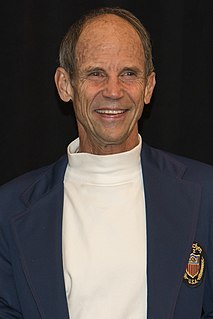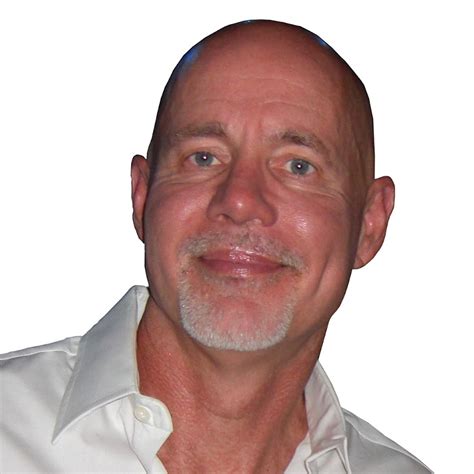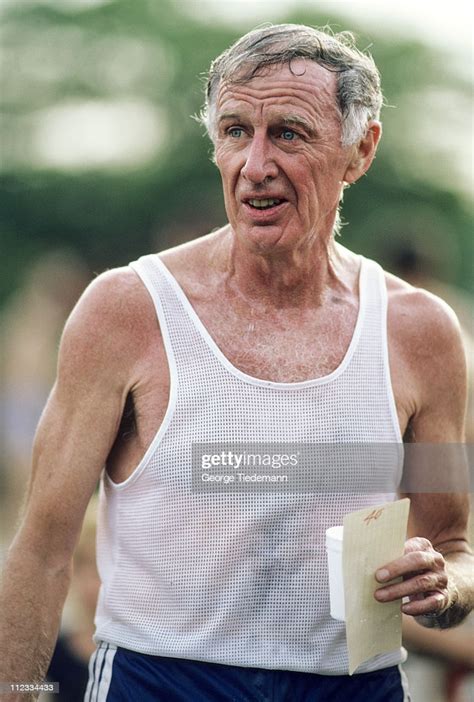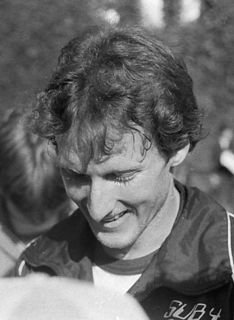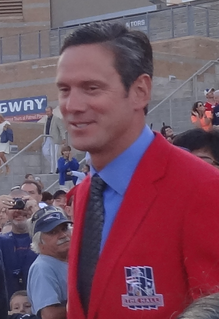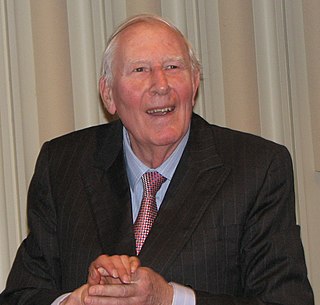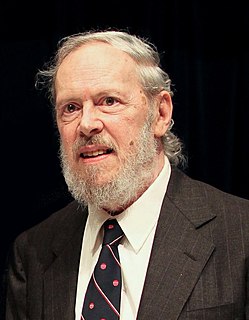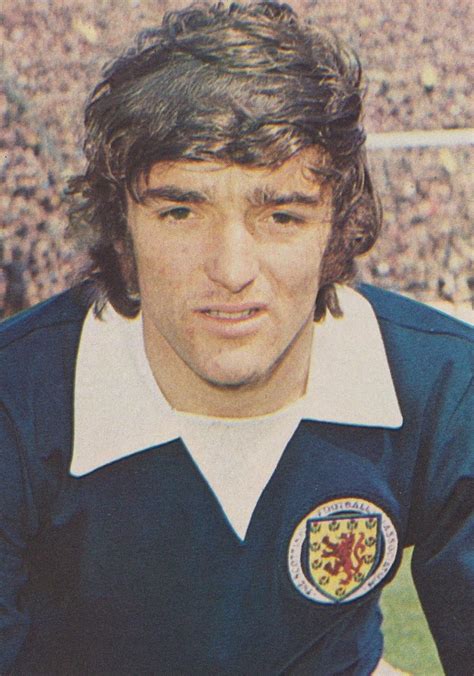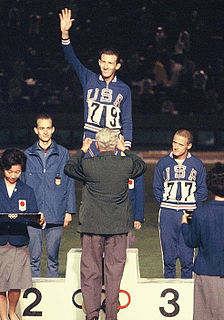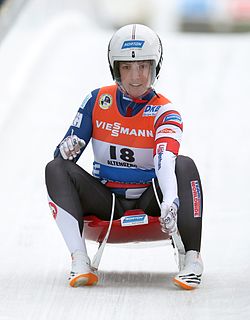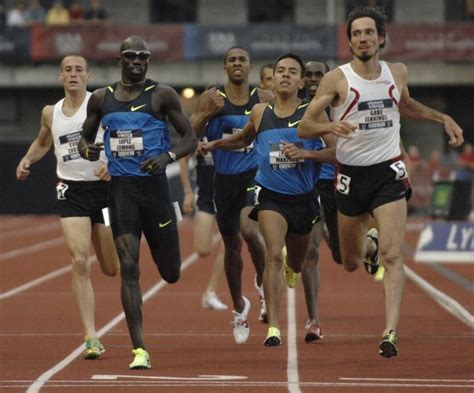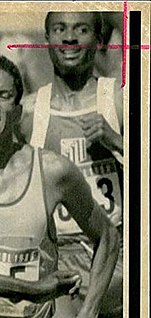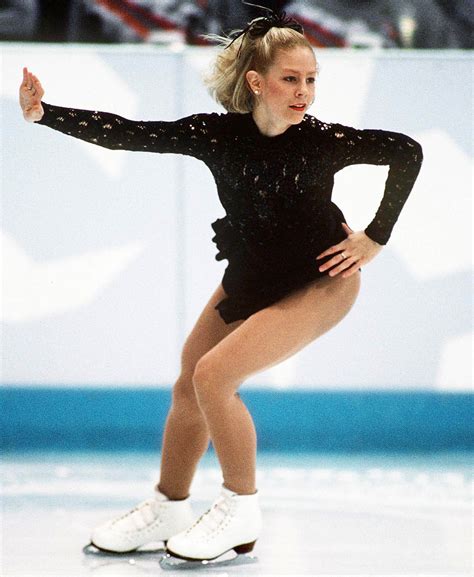A Quote by Jeff Galloway
There's an old adage that for every second too fast per mile in the first half of the race, you'll run at least 2 seconds slower at the end.
Related Quotes
I’ll never forget the first time I ran with a group of Kenyan women in 2004... The first mile was way slower than my typical run to the point where I was looking around thinking, “Are they for real? These are the fastest women in the world?” But by mile 5 we were buzzing along, mile six I was hitting the gas, and mile seven I was hanging on for dear life.
Your goal is simple: Finish. Experience your first race, don't race it. Your first race should be slightly longer or slightly faster than your normal run. Run your first race. Later you can race. You will be a hero just for finishing, so don't put pressure on yourself by announcing a time goal. Look at it this way: The slower you run the distance, the easier it will be to show off by improving your time the next race!
To a sprinter, the hundred-yard dash is over in three seconds, not nine or ten. The first 'second' is when you come out of the blocks. The next is when you look up and take your first few strides to attain gain position. By that time the race is actually about half over. The final 'second' - the longest slice of time in the world for an athlete - is that last half of the race, when you really bear down and see what you're made of. It seems to take an eternity, yet is all over before you can think what's happening.
No matter how old I get, the race remains one of life's most rewarding experiences. My times become slower and slower, but the experience of the race is unchanged: each race a drama, each race a challenge, each race stretching me in one way or another, and each race telling me more about myself and others.
The first phase of C was - really, it was two phases in short succession of, first, some language changes from B, really adding the type structure without too much change in the syntax, and doing the compiler. The second phase was slower; it all took place within a very few years, but it was a bit slower, so it seemed.
If it could save a person's life, could you find a way to save ten seconds off the boot time? If there were five million people using the Mac, and it took ten seconds extra to turn it on every day, that added up to three hundred million or so hours per year people would save, which was the equivalent of at least one hundred lifetimes saved per year.
